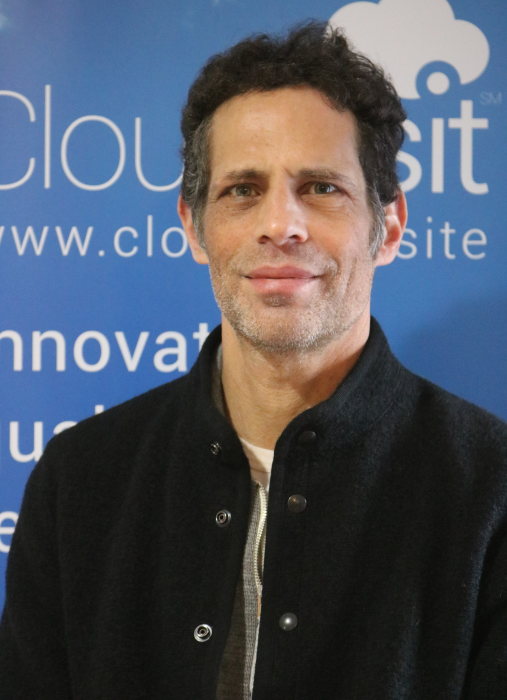By Michael Turton
Daniel Gilbert is the founder and CEO of CloudVisit Aviation, a firm based in Philipstown that creates software for the remote inspection, repair and maintenance of aircraft.
Which interest came first — aviation or computer science?
I’ve always been interested in large infrastructure — planes, trains, ships. Like that old saying, the difference between men and boys is the size of their toys. I have master’s degrees in telecommunications engineering and international business and worked at Bell Labs on the first generation of Voice Over Internet Protocol systems. Our venture into aviation is relatively new, after our work in telemedicine that began 10 years ago. We developed online video conferencing systems and learned that the challenges in telemedicine are similar to other industries, including aviation and renewable energy.
What’s lacking with traditional aircraft inspection?
The system is all manual, and there’s a shortage of experts. They have to get on a plane to travel to each inspection site, which takes time. A grounded plane is a problem for the company and the public. With our system, inspectors can work remotely and do inspections all day, without traveling.
How does it work?
The inspector works at a central office and communicates with technicians wherever planes are located. With CloudVisit, everything from metal fatigue to tires and brakes can be tested remotely, and you have an archive of video, audio, still images — even the conversations between the inspectors and technicians are recorded. In the old system, the inspector just signs off; there is no inventory of what was inspected. If there is an issue, there’s nothing to refer to other than that signature. Maintenance requirements also can be customized for every type of plane. That’s significant considering air traffic is projected to double by about 2035. Ensuring safety and efficiency will become more complex.
What are the “remote connectivity guidelines” that the Federal Aviation Administration requires?
The FAA has acknowledged that remote inspections are needed and it has finally signed off on the concept. There is no law prohibiting remote-inspection technology, but at the same time the FAA has an obligation to protect the public. It’s traditionally been slow-moving, but it’s developing guidelines for how this technology can be used. The Aeronautical Repair Station Association has been working with the FAA and industry to develop high-level requirements. They are interested in working with us as a vendor because we developed software in the telemedicine field long before there was a vision for a similar system for aviation.
Philipstown isn’t exactly aviation central. Why locate here?
I’m from New York and moved back to be close to family, and I love the outdoors. It’s the best of both worlds. There is talk of this area becoming more tech-oriented, with the government doing more to help companies set up shop. Being here proves the merits of technology, of working remotely. I’ve never even met 97 percent of our clients. It’s a nice part of this business, to connect with intelligent, forward-thinking people from all around the country and the world.
